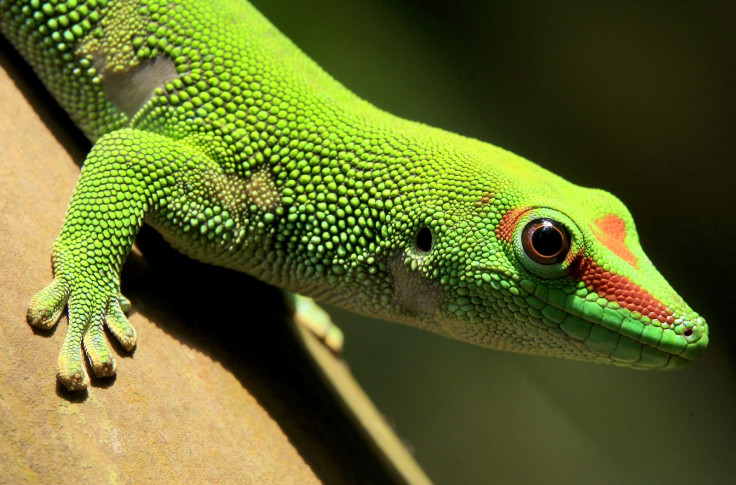Geckos Sent to Space to Study Mating in Zero Gravity Return Dead

Was it the weightless sex or the extreme cold that killed five geckos sent to space?
For now, it looks like the geckos sent aboard Russian satellite Foton M-4 and landed back home on Monday were frozen to death.
A Russian commission will investigate the cause of death of the reptilian cosmonauts sent to space to study effects of zero gravity on reproductive systems.
According to officials at the Institute of Medical and Biological Problems, the geckos - four females and one male - died a week before the landing on Monday, reports ITAR-TASS.
The fruit flies that accompanied the geckos are alive, none the worse for space travel. In fact, a source at the Academy of Sciences told RIA Novosti that the flies grew and bred in space.
Other specimens included silkworm eggs, dried seeds and mushrooms.
As the Foton satellite was not equipped to transmit live feeds back, Russian scientists will have to pick apart the 44 days of footage to know when exactly and why the geckos met their death.
The Foton-M4 satellite was launched on 19 July, 2014 from the Baikonur space centre in Kazakhstan. Though slated for two months, the capsule was recalled after 44 days following problems that began a few days after the launch.
Foton satellites are designed for research and experiments in fields such as the physics of weightlessness, space biology and biotechnology. The first satellites of the series was launched in 1985 and operated for 13 days.
In 2005, the Foton-M2 satellite carried out about 20 scientific Russian and European research programmes. The next satellite, Foton-M3, in 2007 performed 45 Russian and foreign experiments.
© Copyright IBTimes 2025. All rights reserved.





















